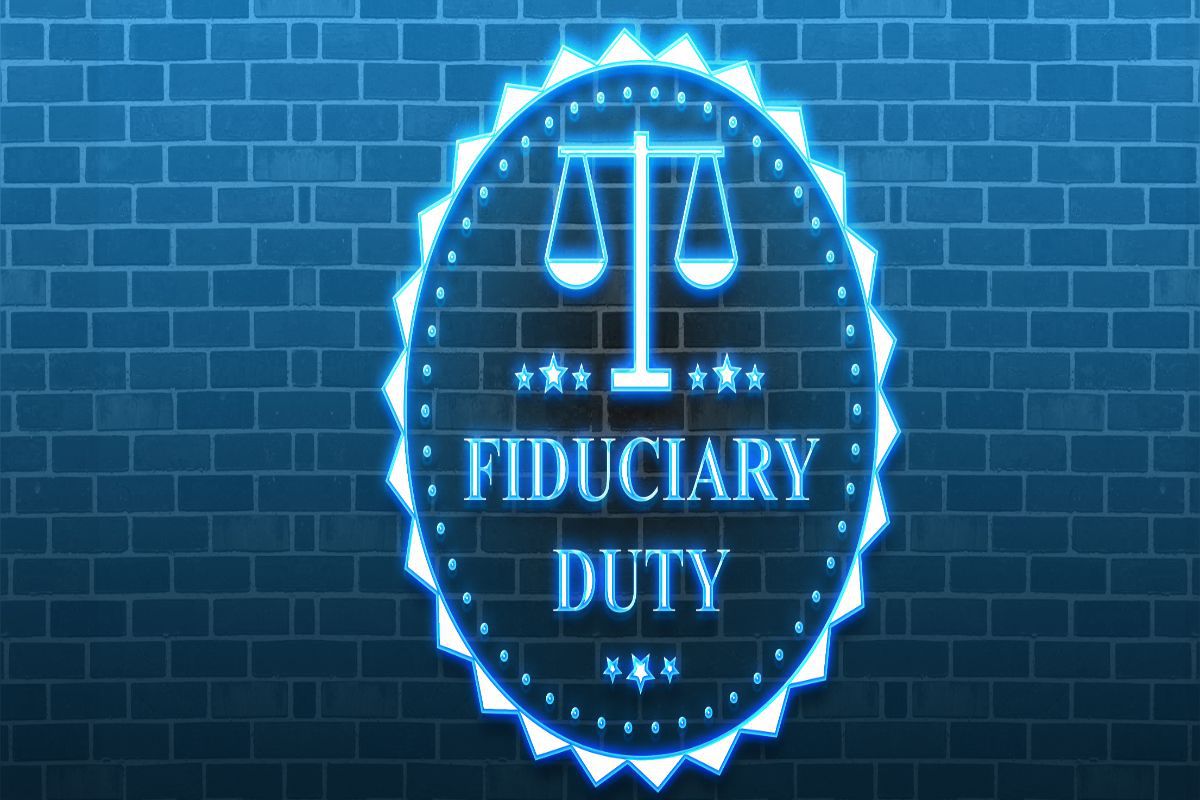Are you wondering whether an action by a fiduciary was a breach of fiduciary duty? Then it’s time to learn more about the duties owed by fiduciaries to their principals. If you think that you have encountered a breach in a fiduciary relationship that you have, consult our law firm for advice on what to do. You may have the right to seek remedies in court for a breach of fiduciary duty.
The two basic duties that fiduciaries owe are the duty of care and duty of loyalty. Courts have also found that fiduciaries have other specific duties stemming from the duties of care and loyalty, such as the duty of good faith, duty of confidentiality, duty of prudence, and duty of disclosure.
-
Duty of Care
All fiduciaries have a duty of care. Depending on the fiduciary relationship, they may owe it to beneficiaries, heirs, clients, principals, investors, or a corporation. The duty of care requires fiduciaries to act like a reasonably prudent person would under similar circumstances. In other words, a fiduciary cannot throw caution to the wind or fail to investigate a situation. He or she should act like a reasonable person would by reviewing the options and researching alternatives.
For example, corporate directors have a duty of care to inform themselves of material information relating to a business decision. They don’t need to scour the ends of the earth for information, but should take advantage of what is reasonably available to them. Directors should take into account this material information when they make a decision for the corporation.
-
Duty of Loyalty
Fiduciaries also have a duty of loyalty. The duty of loyalty requires fiduciaries to act in the best interests of the beneficiaries or principals. Fiduciaries should not favor their own interests or the interests of third parties.
In particular, this duty means that fiduciaries need to avoid conflicts of interest. A conflict of interest arises when the interests of a fiduciary’s client conflict with the interest of the fiduciary or a third party. For example, a fiduciary may violate the duty of loyalty if he or she enters into a real estate deal on a client’s behalf, and the fiduciary’s wife owns the building being purchased. This presents a conflict of interest for the fiduciary, who has loyalty to the client and the wife. Fiduciaries are not supposed to use their positions to advance personal interests.
-
Duty of Good Faith
The duty of good faith simply means that fiduciaries should act in good faith in their dealings with other people. They have a duty to follow the law, act fairly, and act honestly. Lying about the subject of a transaction or violating the law on a principal’s behalf could be a breach of the duty of good faith. Texas law implies a duty of good faith and fair dealing in certain special relationships.
-
Duty of Confidentiality
Because fiduciaries often handle confidential information on their principals’ behalf, fiduciaries have a duty of confidentiality. For example, a fiduciary should not disclose the details of a planned business deal to competitors, nor should they let third parties gain access to a bank account or login information. Fiduciaries should never disclose confidential information for their own benefit.
-
Duty of Prudence
Trustees of trusts and other fiduciaries have a duty of prudence. The Supreme Court has held that trustees must administer trusts with the “level of care, skill, and caution that a prudent trustee would exercise”. Similar to the duty of care, the duty of prudence requires a trustee to take cautious and measured actions on the trust’s behalf. For example, the trustee should research investment options and consult knowledgeable professionals concerning the property held in trust.
-
Duty of Disclosure
Corporate directors acting as fiduciaries may have a duty of full disclosure under some circumstances. This duty would require them to disclose relevant and material facts to shareholders. In general, directors should not hide information that they used to make decisions about the corporation.
Possible Breach of Fiduciary Duty? Call Us Right Away
Henke, Williams & Boll handles breach of fiduciary duty claims for Texas clients. As experienced Houston business lawyers, we help our clients find the best solution possible to fiduciary issues. We work with businesses, individuals, and fiduciaries on legal claims related to fiduciary relationships and other business matters. Come to our firm for advice tailored to your unique situation. To set up a consultation, call 713-940-4500 or use our convenient Contact Form.


